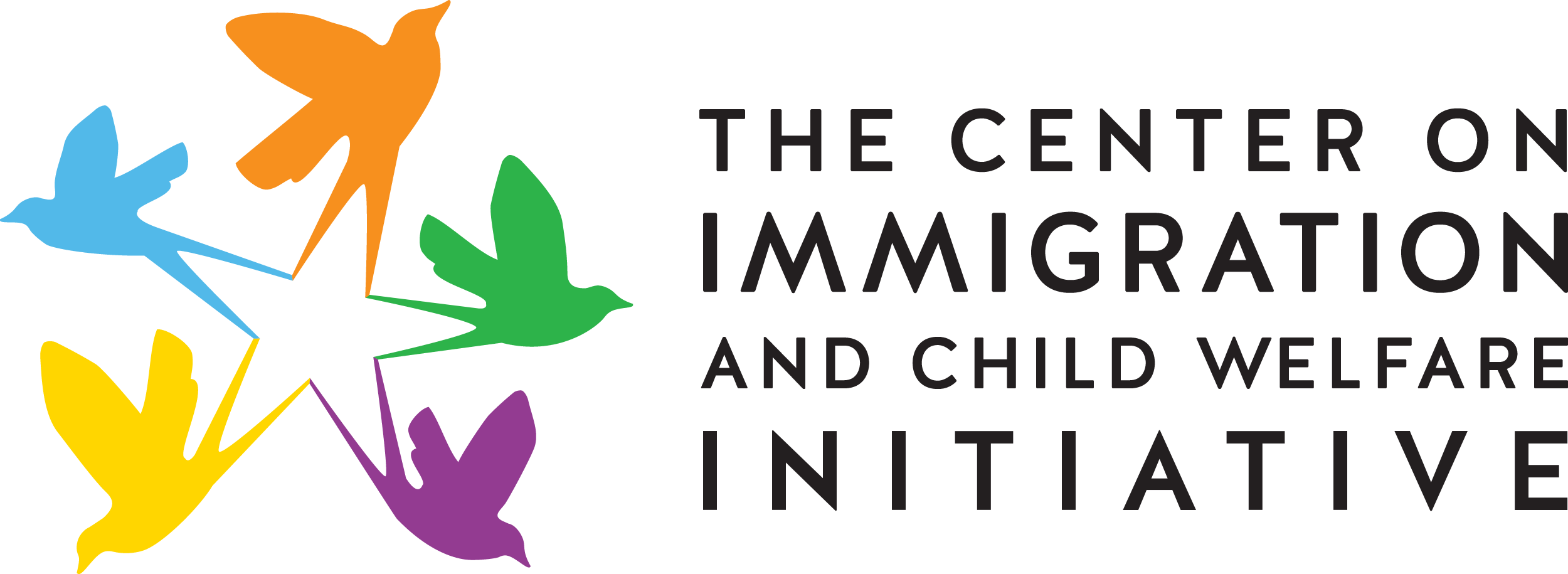Lawsuits Allege ‘Grave Harm’ To Immigrant Children In Detention
John Burnett, NPR (January 24, 2019)
The Trump administration’s treatment of more than 10,000 immigrant children held in custody at shelters across the nation is coming under intense scrutiny. Numerous lawsuits claim the government is using the system of child confinement as a way to punish and deport kids and their families.
Read More
